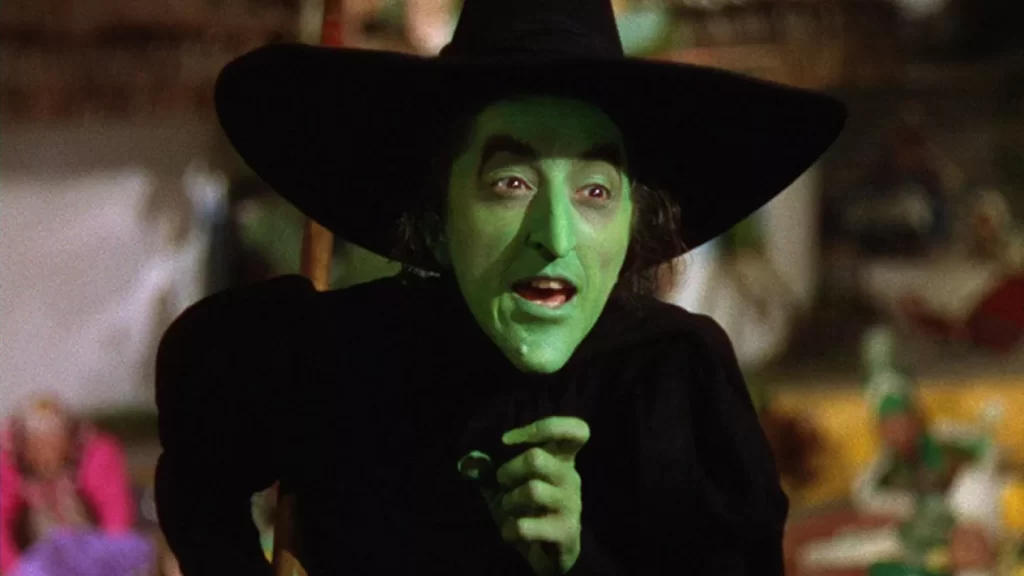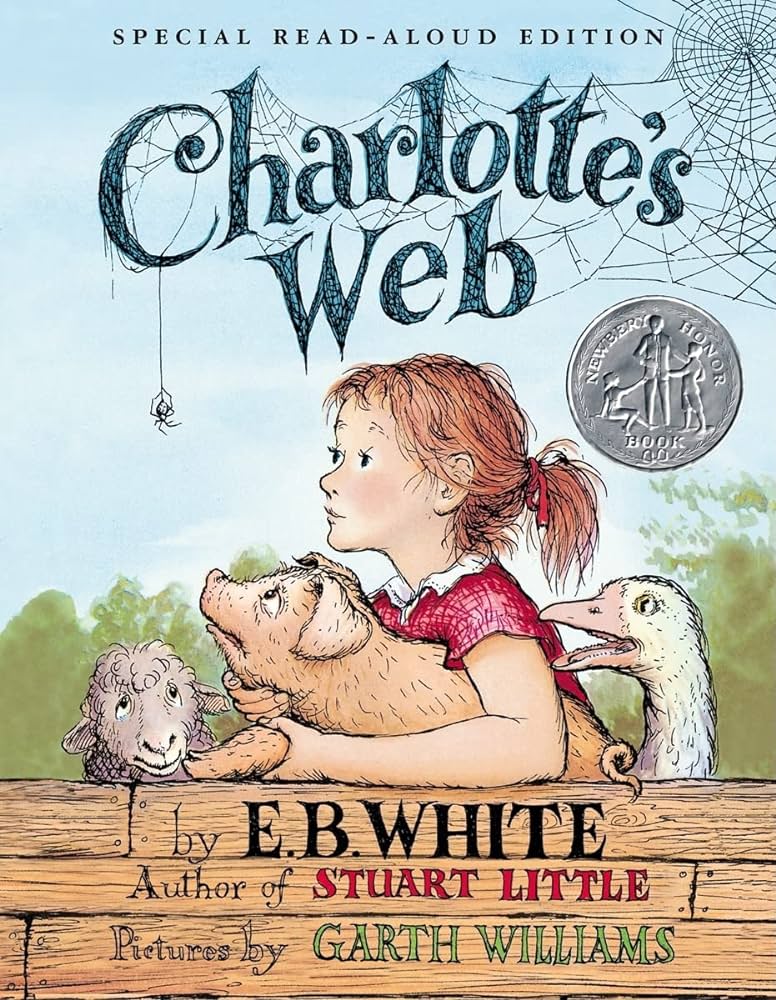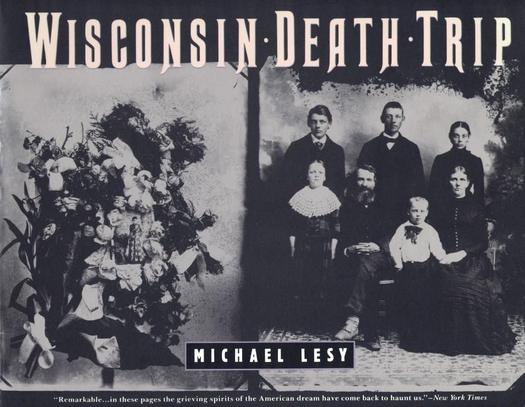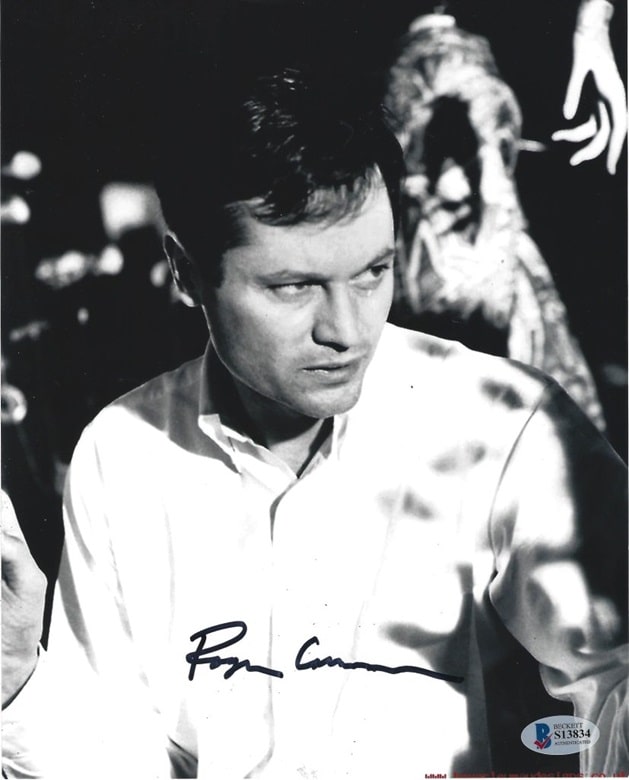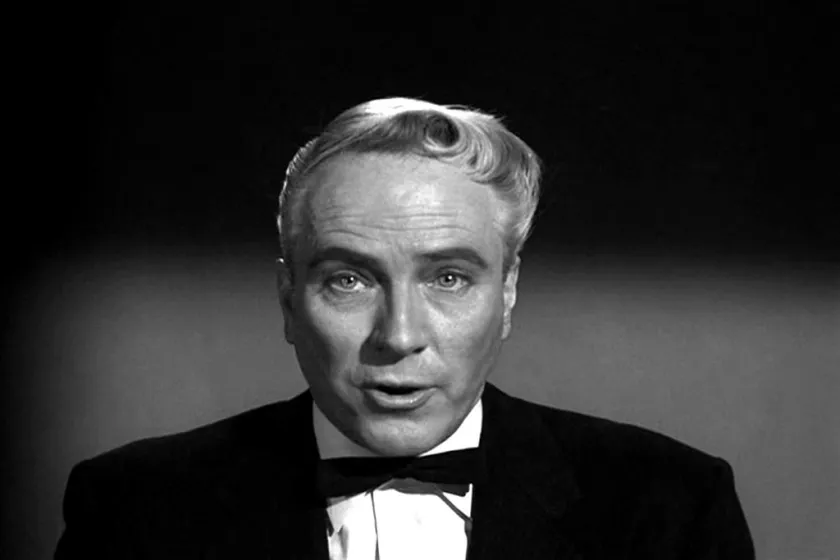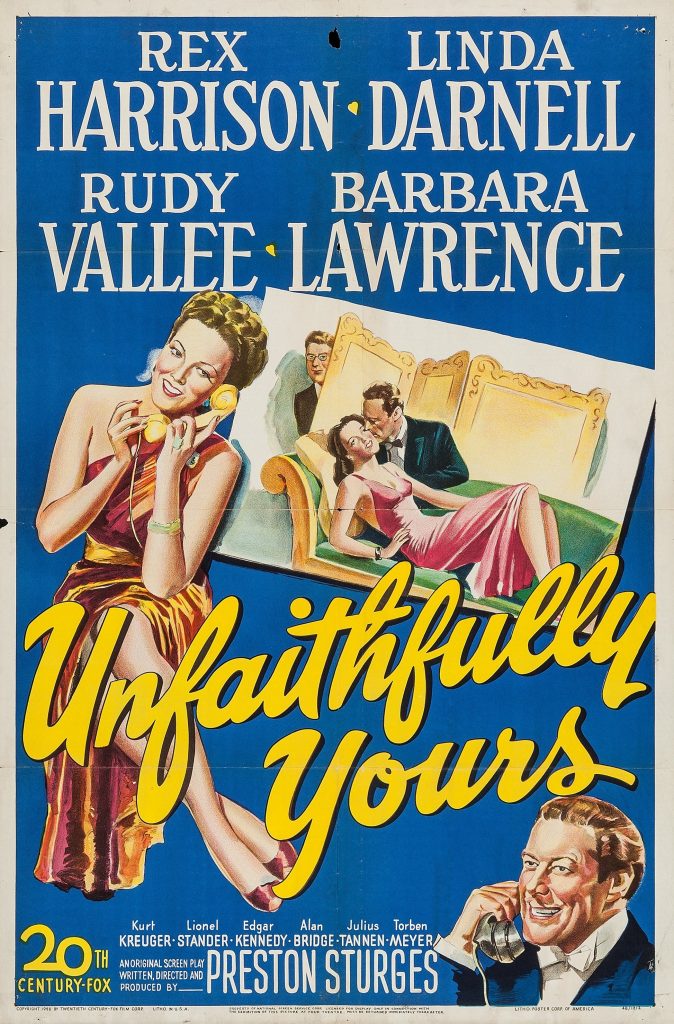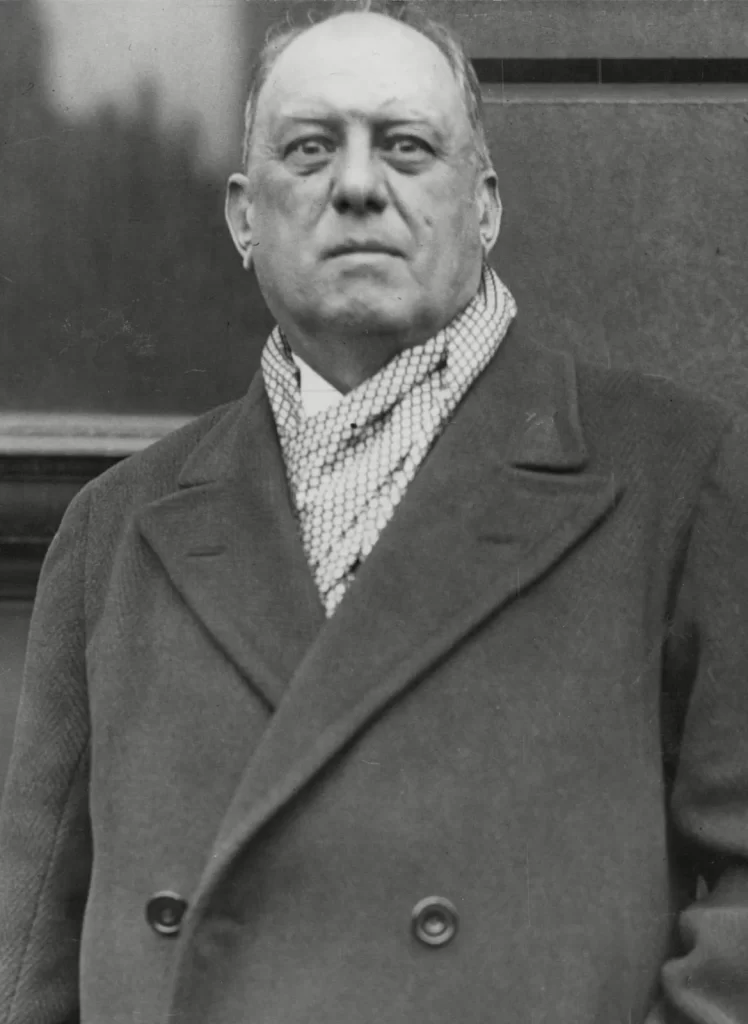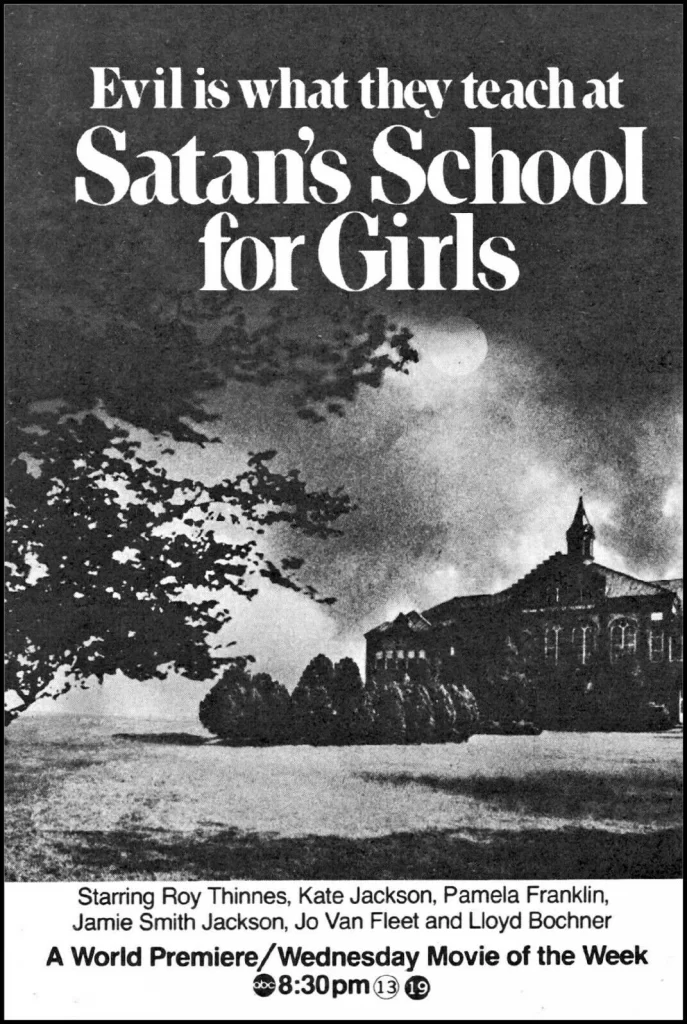Margaret Hamilton: Wicked Forever
The marketing blitz for the upcoming two-part film version of the 2003 stage version of Gregory Maguire’s 1995 novel Wicked (itself a “reimagining” of L. Frank Baum’s seminal 1900 novel, The Wonderful Wizard of Oz) has begun. Years ago, I succumbed to hype exhaustion and saw the musical; I found it mildly diverting, which hardly seemed adequate, considering the superlatives the enterprise was swathed in.
As for the movie, which stars Cynthia Erivo as Elphaba (Maguire’s name, not Baum’s, though it’s supposedly constructed out of his initials – LFB) and Ariana Grande as Glinda, so far all we have to judge it by is the trailer, and from those carefully culled three-and-a-half minutes it looks like all the stops have been pulled out in terms of lavish production values (though in a time when spectacle can be generated on a laptop, one wonders if that means anything anymore). As for the frantic media bludgeoning we’re about to experience, it’s hard to blame the producers for the incipient panic evident in such all-out campaigns; it’s not their fault that movies just don’t mean as much to people as they once did.
Nevertheless, I’m sure that when Wicked is released in November, it will be a smashing financial success and may even be an artistic one; certainly, a lot of talented people are giving it their all. Whatever the size of the film’s box office or cultural footprint, however, I suspect that not many people will still be watching it in 2109, eighty-five years from now — not coincidentally, the same gap separating 2024 from the 1939 that gave us one of the most enduring and beloved of all films, the MGM Wizard of Oz, a flawlessly-cast classic that starred Judy Garland, Ray Bolger, Jack Haley, Bert Lahr, and Frank Morgan.
